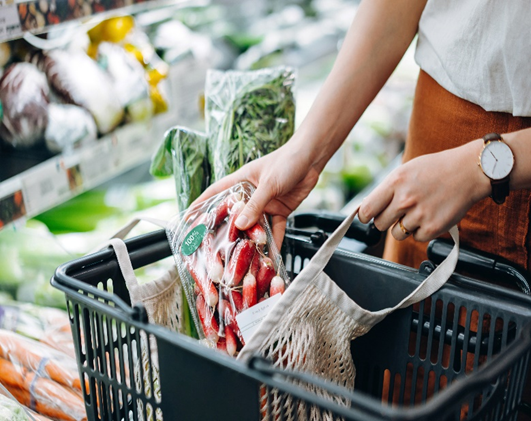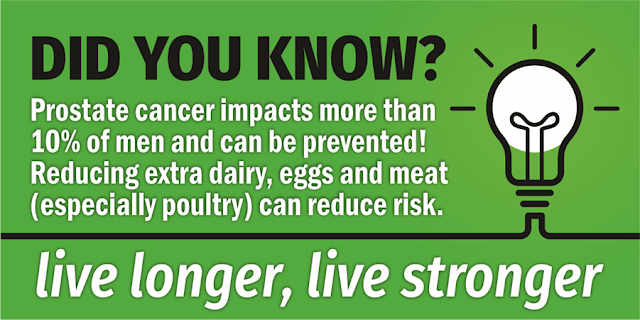Holistic Habits by Cheryl A. Mothes, Ph.D. Natural Health Nutrition Counselor
Content is a daily radio script from my KHIS radio
spot - tune in at 6:15 (CST) every morning to Justin and Meredith’s morning
show on 89.9 FM.
On this transition Tuesday, let us start a shopping
list for you! In your shopping cart, ramp up veggies, fruits, nuts, seeds, beans,
and grains and preferentially choose organic whenever possible. If it is in a
wrapper, going to be fried, or has animal products or sugar added, do not add it
to your cart. The best veggies are avocados, kale, spinach, arugula, cabbage,
sweet potatoes, tempeh, edamame, peppers, carrots, beets, peas, sugar snap peas, broccoli, cauliflower, and brussels sprouts, but ramp up any veggies you
love! and remember fresh is best, frozen is good, and canned is the least
desirable. If there is added salt, make sure there are no more salt milligrams
than calories on the label. And if you accidentally buy too much, chop it,
freeze it, and use it in your smoothies or soup! Have fun in the produce
section, and have a terrific Tuesday everyone!
Yesterday we mentioned swapping one meat serving each
day with nuts or beans. A single serving of nuts every day is associated with a
22 percent reduction in the risk of premature death. Millions of deaths could
be prevented by this one change! And it is not only swapping the meat out and
the nuts in – there are fewer heart attacks even for vegetarians if they eat
more nuts. Some keys to consuming nuts:
more variety is better, eat raw nuts (never roasted and not salted),
soak them overnight to dial up their good enzymes, and because they are dense
in calories the serving size is important, so you do not eat too many! One
serving size a day would be 14 walnut halves, 24 almonds, 16 cashews, 45
pistachios, and 18 pecan halves - a little less than ¼ cup. It is a wonderful
Wednesday to power up your plates with nuts!







